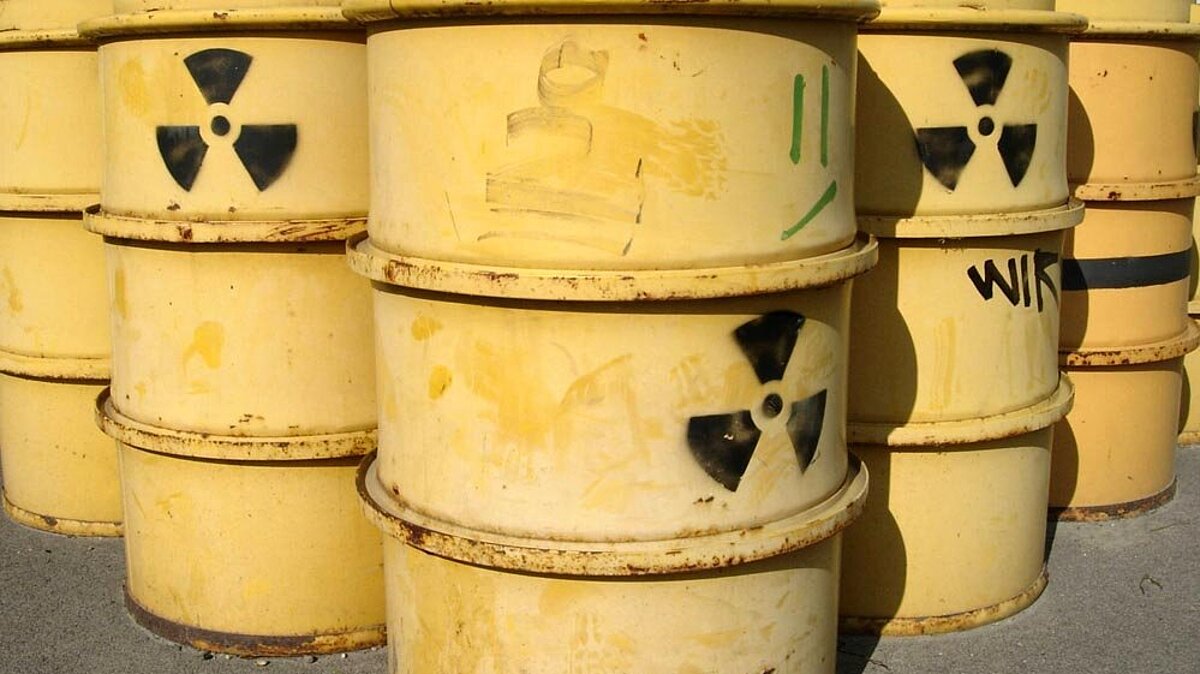Nuclear waste as an opportunity

The topic of nuclear waste is emotionally charged
The storage of nuclear waste is in principle a technical issue. Storage in suitable rock strata makes sense in principle, but it is essential to monitor the waste for the entire duration of its emplacement.
This provides the option to retrieve the waste at any time. E.g., to change containers or to use the materials for other purposes. As accurately as the decay of the isotopes can be predicted, the technical development is unclear. If a decision made today turns out to be technically wrong in the future, coupled with irreversible conditions, as in the case of Asse II, it usually becomes particularly expensive.
Technical development is far from being at an end
Things that we take for granted today (flying, cell phones, washing machines) were considered science fiction beforehand. We are certainly still in the technological stone age in some areas. That's why it's important to keep options open - even when it comes to nuclear waste. Is it so unlikely that a few generations later this will be seen as an opportunity or raw material?
At Merkle & Partner, we support our clients in making physical phenomena visible in order to drive innovation. Ask us - we are happy to help!
Your Alexander Haas
In our branch office in Hamburg, we have specialized in nuclear issues. Your contact here is our branch manager, Alexander Haas (a.haas@hh.merkle-partner.de).
Do you have any questions? Call us now.

![[Translate to English:] Atommull [Translate to English:] Atommull](/fileadmin/_processed_/e/a/csm_nuclear-waste_2_2c9c2bff28.jpg)